LK10 Pre-Conference
Pre-conference
During the Pre-conference on June 25th, there will be three activities:
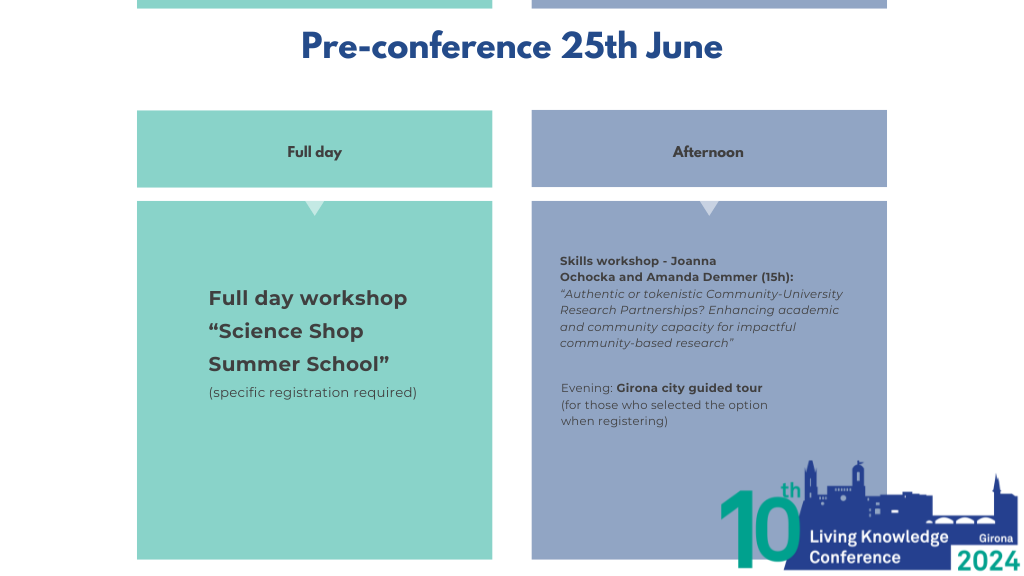
Science Shop Summer School 2024
This summer school aims specifically at those who are interested in or (wanting to become) involved in facilitating research with and for civil society, as a broker, intermediary, or process manager. If you have little or no experience in or knowledge of Science Shops or similar brokering organizations, if you want to know more about it, or want to learn from the practices of your colleagues elsewhere, we welcome you to this summer school. Participants will also get the chance to exchange experiences.
By participating in this ‘crash course’ you will be able to engage in follow-up discussions during the conference more easily. It will also allow you to access options for yourself to start or work in a Science Shop or similar organization, if you wish to do so. The workshop will be facilitated by Science Shop coordinators with long experience, from the Netherlands and other European countries. If you attend the Living Knowledge Conference afterward, you can meet and talk with many more Science Shop staff worldwide.
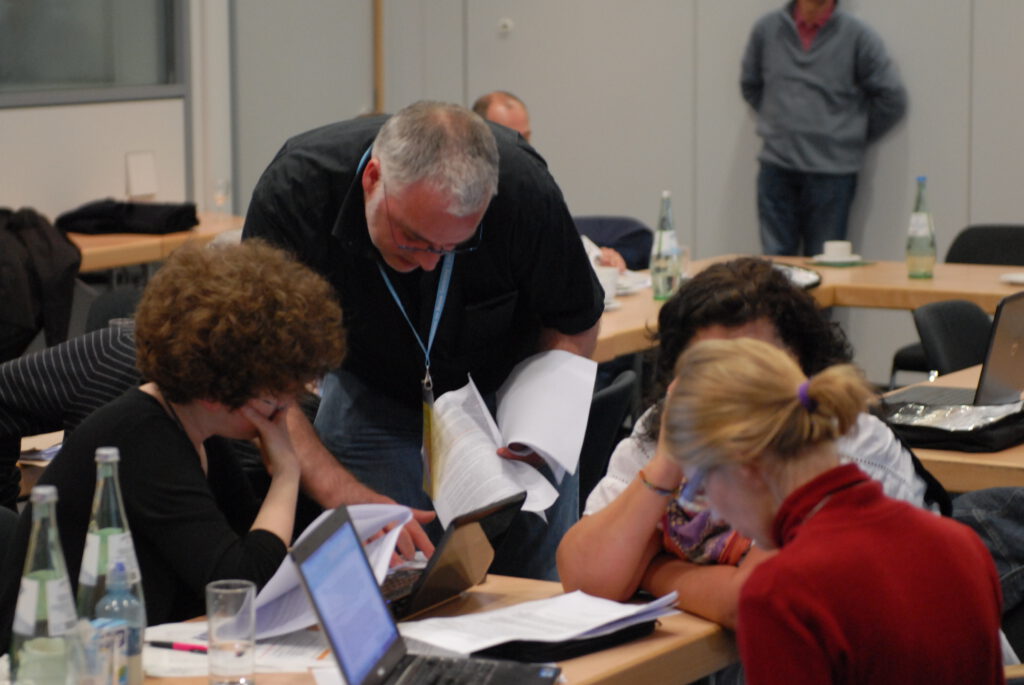
The following topics will be addressed
- Introducing the Concept of Science Shops
- Working with Civil Society Organizations (CSOs)
- Working with Higher Education Institutes
- Operational options to design your Science Shop
- Sustained Partnerships
- Network and Practical Resources
Practical information
- The summer school will be held on the Tuesday, 25th June 2024 before the conference.
- Registration is limited to 30 participants, selected on a first come first serve. Those only wishing to register for this workshop and not the Living Knowledge Conference will be put on a waiting list first. They will be accepted after May 1st if there are places left.
- The costs are 65,00 euros per person, including lunch.
- Participants will receive a certificate of attendance.
Skills workshop by Joana Ochocka and Amanda Demmer – Authentic or tokenistic Community-University Research Partnerships? Enhancing academic and community capacity for impactful community-based research

Your Guides – The Science Shop Summer School will be facilitated by Science Shop coordinators with a long experience
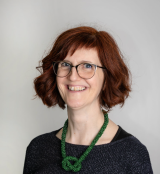
Catherine Bates is Research Engagement Lead in Technological University Dublin, Ireland, supporting researchers to collaborate with societal partners on projects for societal impact, to address the Sustainable Development Goals. Catherine managed TU Dublin’s Programme for Students Learning With Communities from 2008-23, promoting and supporting Community Engaged Research and Learning (CERL) within the university curriculum. Catherine coordinated TU Dublin’s involvement in three EU-funded projects supporting community engagement in research: CIRCLET (2019-22), EnRRICH (2015-2018) and PERARES (2010-2014). She has presented nationally and internationally on this work. She previously worked as a lecturer and as an adult education coordinator in the community sector.
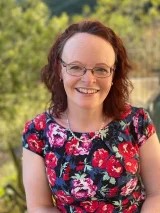
Emma McKenna has co-ordinated The Science Shop in Queen’s University Belfast since 2001. It is a community engaged research initiative, facilitating students to work on curriculum-based research projects generated from the needs and interests of community partners. Emma is a Principal Fellow of the Higher Education Academy and an Associate Editor for the NCCPE’s Research For All journal. She co-ordinated the Erasmus+ CIRCLET project (2019-2022) which supported lecturers to rethink their curricula to create space for community engaged research and learning. Emma has mentored Science Shops across the world, including in Canada, India, Hungary, France and Spain. In 2023 The QUB Science Shop was recognised for collaborative work that has had a demonstrable impact on teaching and learning by Advance HE, collecting a Collaborative Award for Teaching Excellence.
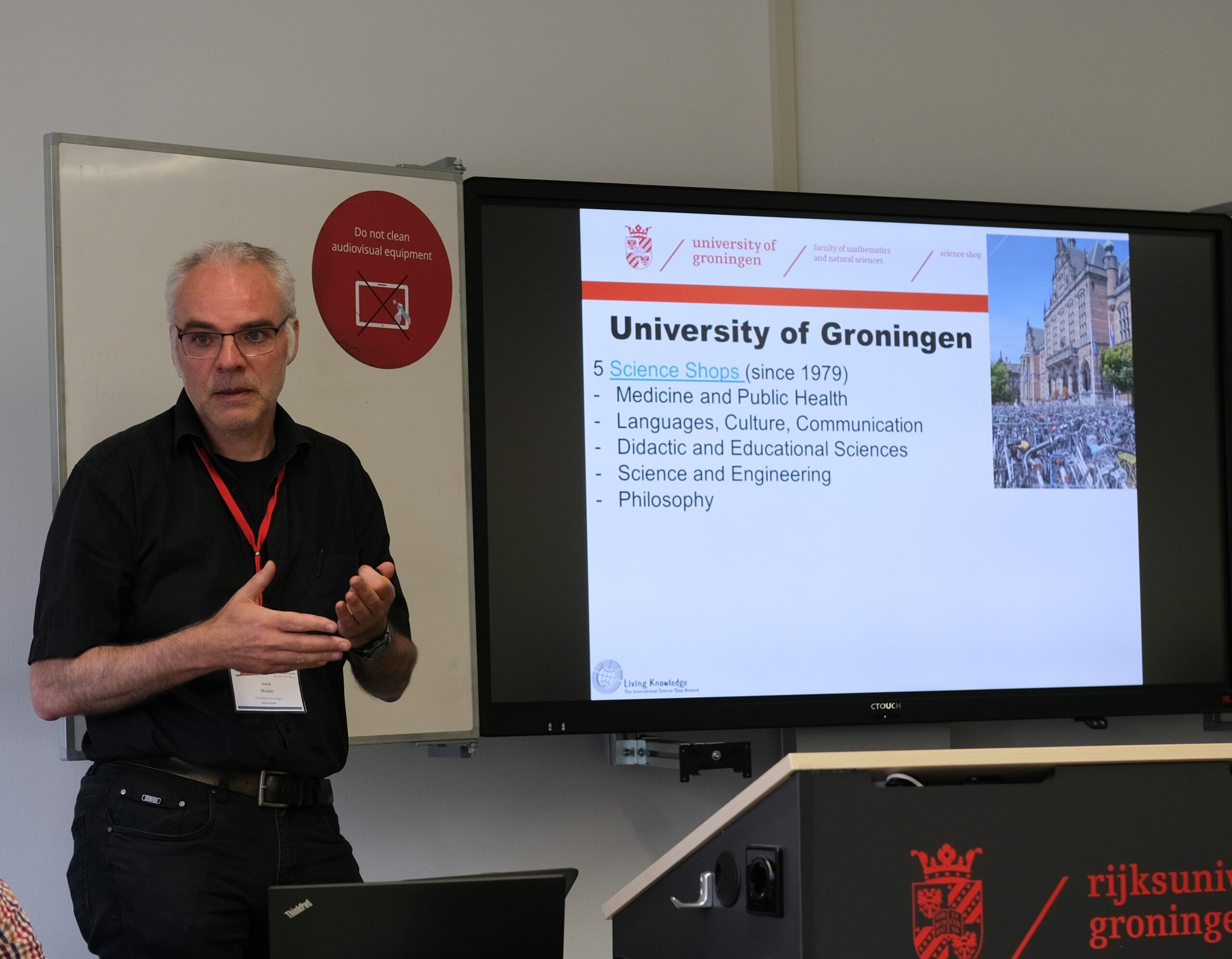
Henk Mulder joined the Science Shop at the Science Faculty of the University of Groningen (NL) in 1989. He is also a senior lecturer in the Master Science Education and Communication. Henk has a long experience in research with and for civil society organizations and the co-creation of knowledge. His interests are public engagement in research, dialogues, science (communication) policies, and European/international networking for citizen engagement in all phases of the (responsible) research and innovation process, including agenda-setting. He led the EU-funded project “PERARES” and is currently leading the Public Engagement work package of ENLIGHT-RISE. He has degrees in Chemistry and Energy & Environmental Sciences. |
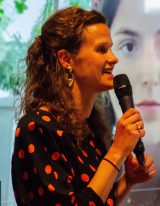
Jozefien De Marrée has been co-ordinating the Science Shop at Vrije Universiteit Brussel from 2010-2020 and (re)started a Science Shop at KU Leuven in 2020, where she is still working at present. She has written and co-ordinated Horizon2020 project EnRRICH (2015-2018) and Erasmus+ project ENtRANCE (2017-2020), both focusing on strengthening and integrating Science Shops with(in) higher education curricula.
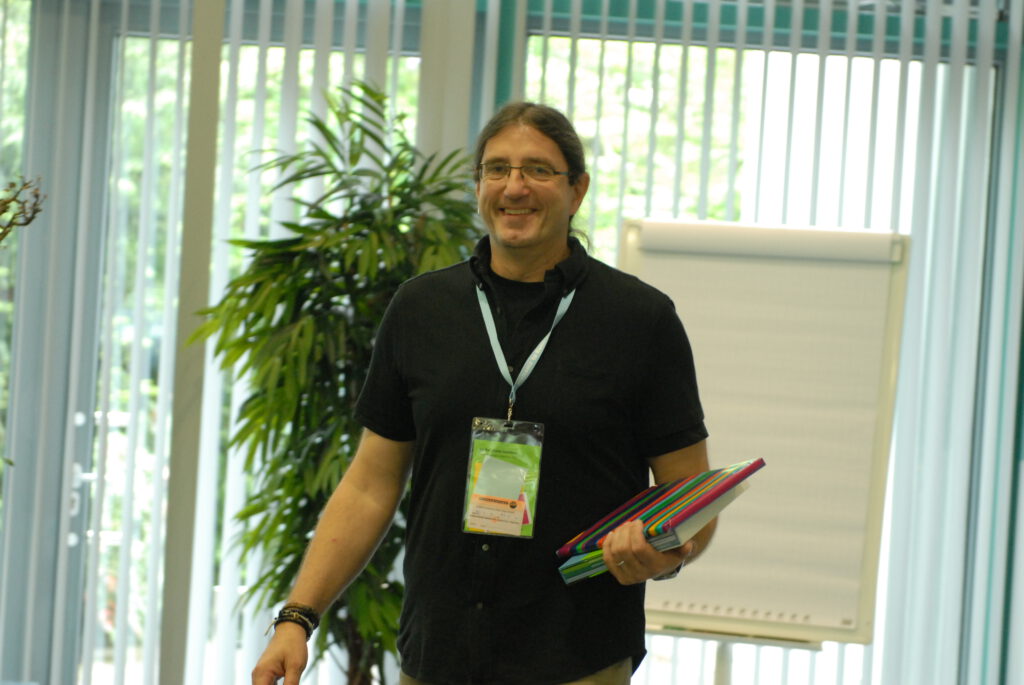
Norbert Steinhaus joined the Bonn Science Shop in 1988 and became a board member in 1990. Norbert has co-operated in international projects on training and mentoring Science Shops (TRAMS), citizen participation in science and technology (CIPAST) or Public Engagement in Research and Researchers Engaging with Society (PERARES) and coordinated an educational European project for primary schools and kindergartens, and SOUFFLEARNING, a project for the transfer of innovation in training staff of SMEs. He recently coordinated the H2020 project TeRRIFICA on climate change adaptation and the Horizon Europe project LOESS on raising soil health awareness. Since the end of 2007, he is the coordinator and international contact point of Living Knowledge, the international Science Shop network. Norbert holds an engineering degree in agriculture.
